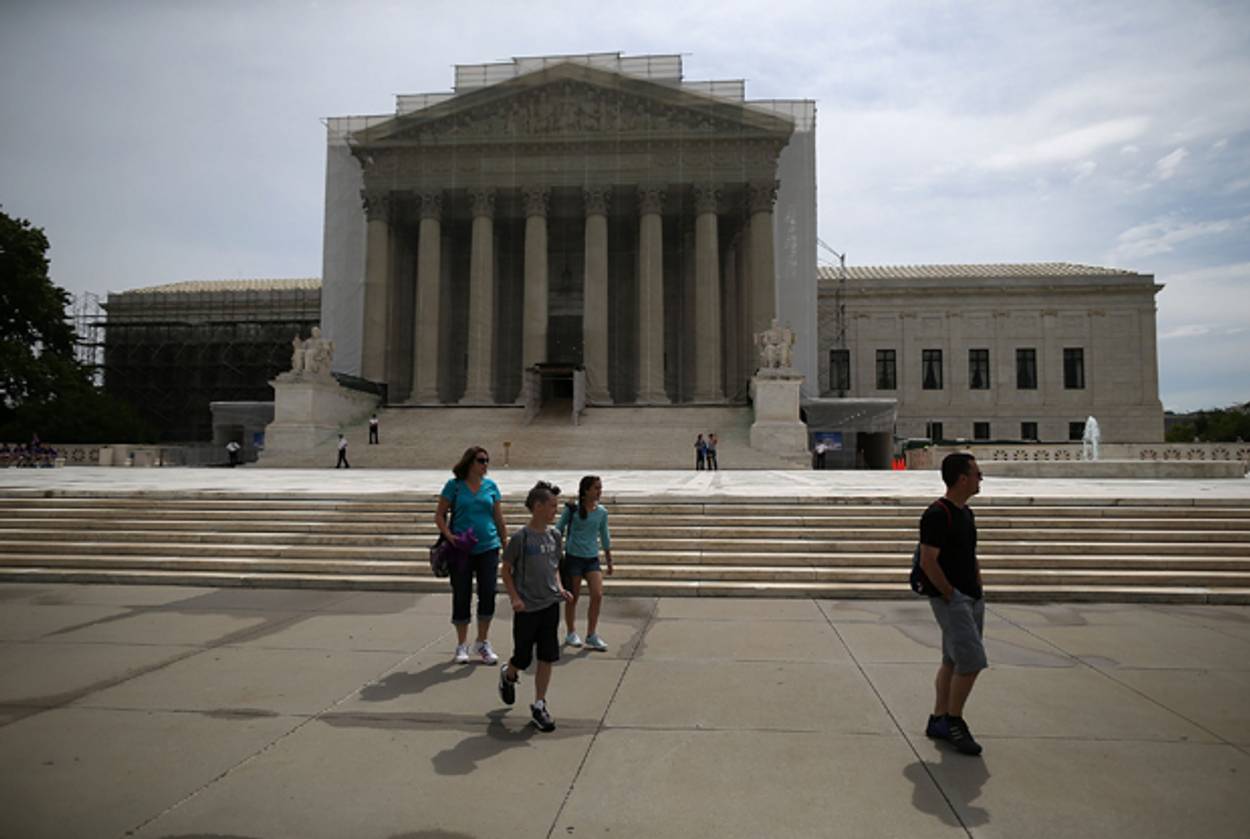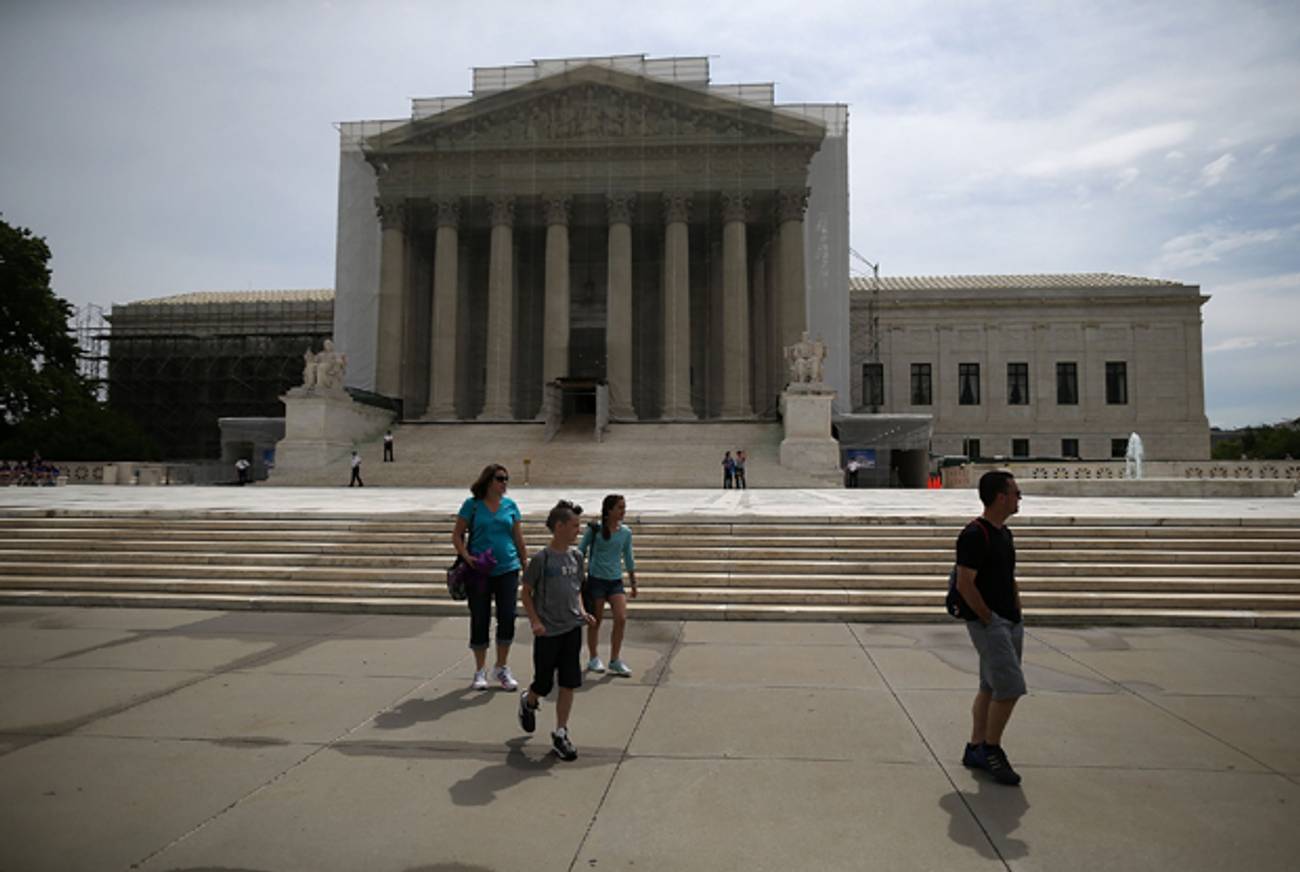What The Gene Patent Ruling Means for Jews
Supreme Court decision will make BRCA mutation testing more accessible




In a healthcare system characterized all too often by an adversarial relationship between patients and service providers, yesterday saw a win for patients. The Supreme Court ruled unanimously that human genes cannot be patented.
Myriad Genetics, a molecular diagnostic company based in Salt Lake City, isolated two genes with mutations highly associated with breast and ovarian cancer: BRCA 1 and BRCA 2. Women with these mutations have an 85 percent risk for breast cancer and 50 percent risk for ovarian cancer. Myriad created a test for the mutation. Then they patented the gene itself.
The Association for Molecular Pathology brought the suit against Myriad, under the auspices of their mission “to inform and influence public policy affecting molecular pathology.” The Supreme Court found in their favor, emphasizing that, “Myriad did not create anything,” since a gene is “the product of nature and not product eligible merely because it has been isolated.”
This is a win for all patients, especially women, but in particular, for Ashkenazi women who have more than double the incidence of the mutation—compared to the general population: one in 40 Ashkenazi women have the mutation.
Until now, breastcancer.org reports, “The cost of the BRCA test ranges from about $300 to $3,000, depending on whether you get the limited test, in which only a few areas of the gene are evaluated, or the full test, in which hundreds of areas are examined on both genes.”
The Supreme Court’s ruling means that other companies can begin creating their own test, and with Myriad no longer in possession of a patent, the company no longer gets to decide how much the test should cost.
Related: On the Cancer Gene Trail [Vox Tablet]
A Case for Genetic Jewishness [Tablet]
Batya Ungar-Sargon is a freelance writer who lives in New York. Her Twitter feed is @bungarsargon.